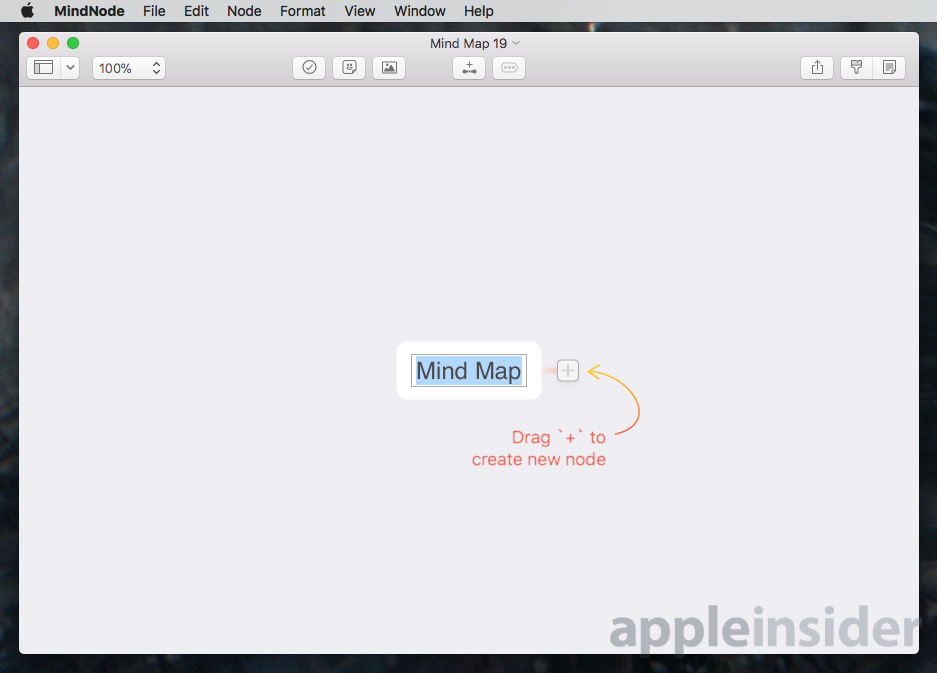

- #Mindnode alternative mac how to
- #Mindnode alternative mac pdf
- #Mindnode alternative mac upgrade
- #Mindnode alternative mac mac
You can quickly customize a limited set of options (branch color, font, node width) using standard palettes and tools, and you can add images, audio and file links quickly via drag and drop or from a media palette (with Quick Look support). It’s easily usable with just the keyboard (customizable shortcuts, even), handles auto-coloring and map layout smoothly and integrates with standard OS X media options and features. In a nutshell, MindNode is a minimalist mind mapping application that does exactly what it needs to. The one that met my needs and my standards almost perfectly was MindNode Pro. XMind and iMindMap are nice and easy to use, but their Java roots and lack of OS integration were turnoffs for me. I ruled out Freemind because it’s old and ugly, and I’m prejudiced like that. I also ruled out NovaMind because I found it a bit unwieldy, though I think that the developer is onto some great things. I already use Curio for project management, and it’s an excellent choice for any information gathering and organization, but I find it to be overkill when I just want to mind map. For Mac, these include NovaMind, iMindMap, Freemind, MindNode, XMind and Curio, among others.
#Mindnode alternative mac mac
I’m quite certain I’ve tried everything available on both Mac and iOS at this point. There’s a fairly wide field of options to consider. Smart/auto layout (moves existing nodes out of the way of new nodes without interaction).The ability to import other mind map formats, and preferably OPML.
#Mindnode alternative mac pdf
#Mindnode alternative mac upgrade
The new features in the last $99 upgrade were pretty much useless to me in my workflow they were just feature bloat. The Windows versions are taking leaps and bounds, and the Mac version has little parity with its feature set. In recent years, though, it’s been apparent that the Mac platform has become an afterthought for the developers. In my opinion, MindManager is still the most powerful mix of ease-of-use, OS integration and aesthetic options on the market. I’m currently down to a collection of solutions across three platforms (Mac, iOS and web) which meet all of my requirements and offer interoperability with each other and other tools in my workflow. It has, primarily, to do with three things: frustration with MindManager, the advent of the iPad, and a wealth of new alternatives. As with all things in the Mac app world, I played with every mind mapping application that came out, but only recently have I found myself actually looking for a new workflow. I used Mindjet MindManager (Mac) together with the web app MindMeister for years. It’s a summary of the process by which I settled on my current set of tools.
#Mindnode alternative mac how to
This post isn’t about how to mind map (but this one is). For me, if it involves brainstorming, it involves mind maps. Lists and outlines are rarely as effective as the non-linear format of a mind map. Whether it’s a packing list, a blog post or a TextMate bundle, I find it easiest to organize my (often scattered) thoughts using what Tony Buzan calls radiant thinking.

Most of my projects start out as mind maps (which I may have mentioned before).


 0 kommentar(er)
0 kommentar(er)
